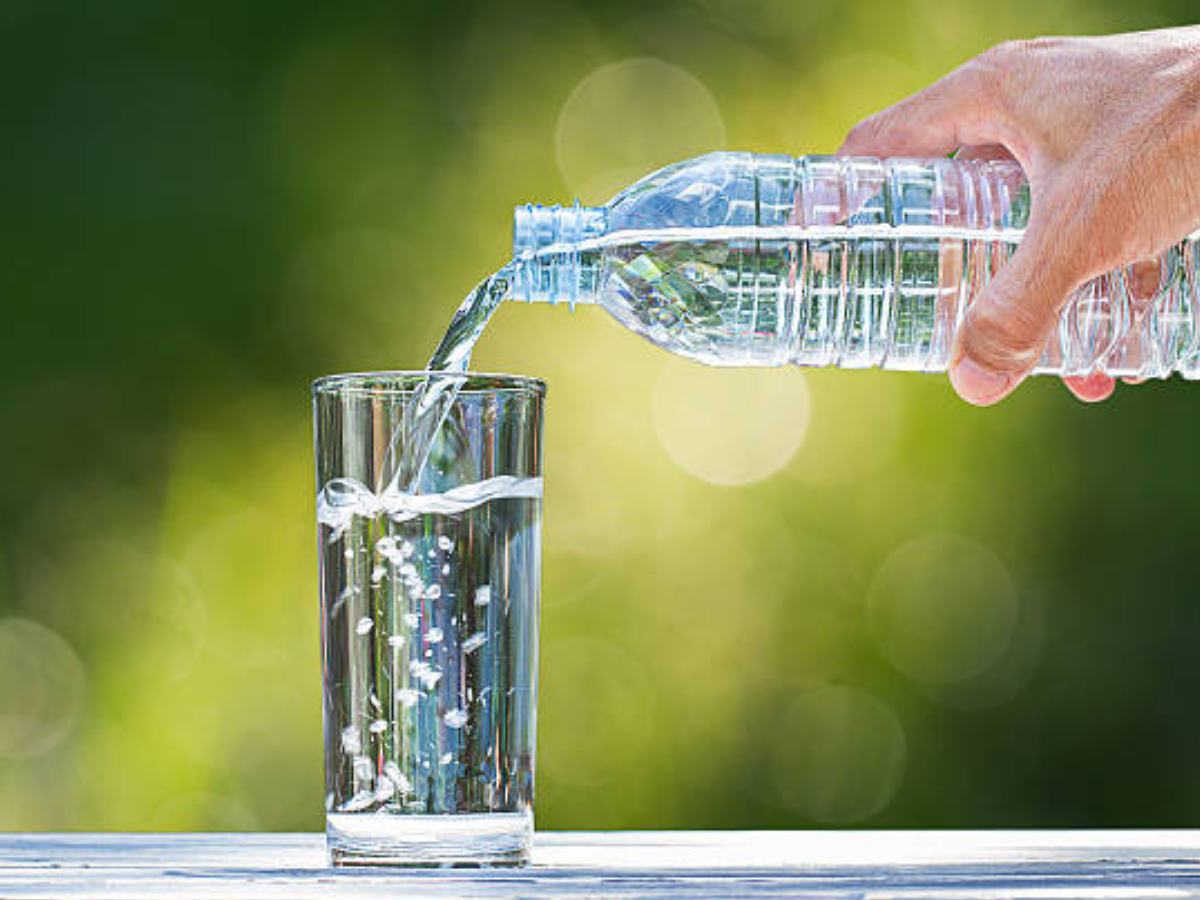What Is Water intoxication?
To stay hydrated, it’s critical to drink water, particularly in the heat. But ingesting too much water too quickly can lead to issues like vertigo, nausea, and in extreme circumstances, seizures or even death. It’s possible that more people are overhydrating because they use reusable water bottles, endure heat waves, and prepare for endurance sports. According to Colleen Munoz of the University of Hartford’s Hydration Health Center, a lot of individuals worry too much about becoming dehydrated.
Also Read : 71% of Americans haven’t heard of Tim Walz, Harris’ VP pick
Water intoxication: Symptoms and dangers
Dietitian Rayven Nairn of Johns Hopkins University stated that because water intoxication is not well recognized, it is difficult to recognize. It may present with symptoms similar to heat exhaustion or heat stroke. Excessive water consumption dilutes blood sodium levels, which can result in hyponatremia. Because it causes brain cells to grow, this illness can be serious as it might result in coma, seizures, or even death. When actress Brooke Shields consumed too much water, she once experienced a seizure.
How to treat water intoxication
Seek medical attention as soon as possible if you suspect water intoxication. Using blood testing and medical history, doctors will determine the severity. In extreme situations, intravenous sodium may be required; in mild cases, water intake limits may be necessary. Conivaptan and other tolvaptan-type medications can help control salt levels.
Also Read : Why Tim Walz is everybody’s favorite uncle?
Sodium is necessary for the body to maintain the proper balance of cell fluids. About one liter of water can be processed by the kidneys in an hour. Electrolytes can get diluted by excessive drinking. It can be dangerous to consume more than one liter of alcohol each hour, according to Thunder Jalili of the University of Utah. Medications or medical conditions such as impaired renal function can also impact salt levels.
FAQs
How much water should one drink daily?
Hydration needs vary by individual, but general guidelines suggest about 11.5 cups for women and 15.5 cups for men, including all drinks and food.
What factors influence how much water you need?
Factors include age, body size, environment, and physical activity. People who exercise a lot or live in hot climates may need more water.
Disclaimer Statement: This content is authored by a 3rd party. The views expressed here are that of the respective authors/ entities and do not represent the views of Economic Times (ET). ET does not guarantee, vouch for or endorse any of its contents nor is responsible for them in any manner whatsoever. Please take all steps necessary to ascertain that any information and content provided is correct, updated, and verified. ET hereby disclaims any and all warranties, express or implied, relating to the report and any content therein.







buy generic amoxicillin for sale – combamoxi.com buy amoxicillin medication
amoxil online buy – purchase amoxicillin pill purchase amoxil generic
buy fluconazole 200mg pills – https://gpdifluca.com/# buy fluconazole generic
fluconazole 100mg sale – buy diflucan fluconazole for sale online
lexapro 20mg without prescription – https://escitapro.com/ escitalopram uk
buy cheap generic cenforce – https://cenforcers.com/# cost cenforce 50mg
cenforce 100mg without prescription – fast cenforce rs buy cenforce without a prescription
cialis 100mg review – ciltad generic cialis samples for physicians
what happens when you mix cialis with grapefruit? – https://ciltadgn.com/# buy cialis/canada
what is tadalafil made from – this cialis cost at cvs
cialis medicine – https://strongtadafl.com/# tadalafil long term usage
cheap viagra canada online – https://strongvpls.com/# can you really buy viagra online
sildenafil citrate 100mg en espaГ±ol – https://strongvpls.com/# can you buy viagra qatar
Greetings! Very gainful suggestion within this article! It’s the crumb changes which liking espy the largest changes. Thanks a quantity towards sharing! https://buyfastonl.com/isotretinoin.html
The sagacity in this serving is exceptional. site
More posts like this would add up to the online time more useful. https://buyfastonl.com/gabapentin.html
This website absolutely has all of the low-down and facts I needed adjacent to this case and didn’t comprehend who to ask. propecia esterilidad